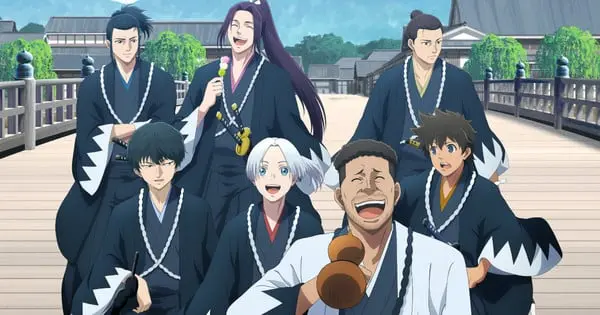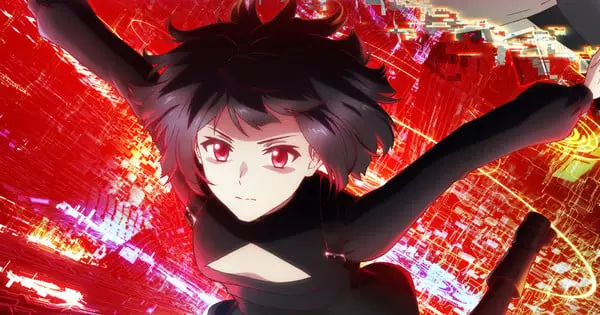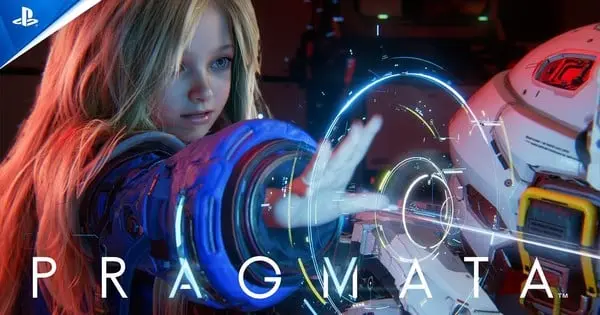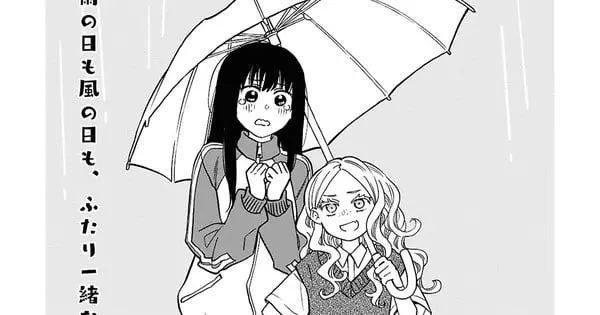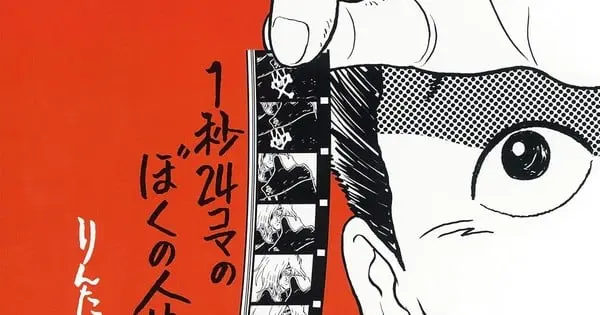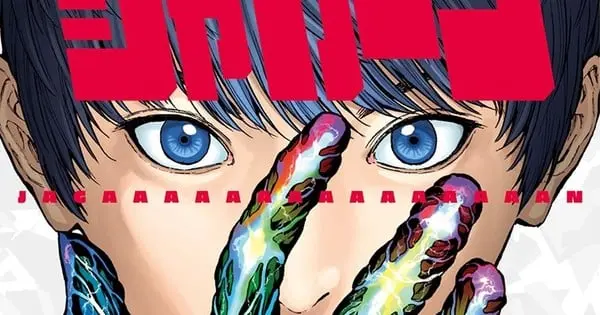The legendary anime director Rintarō, known for his visionary works such as Metropolis and Galaxy Express 999, has been awarded the prestigious Tezuka Osamu Cultural Prize for his autobiographical manga, 1-byō 24-koma no Boku no Jinsei (My Life at 24 Frames per Second). This honor, commemorating the legacy of manga pioneer Osamu Tezuka, celebrates works that embody his innovative spirit and contribute to the evolution of the medium.
A Grand Prize for a Lifetime of Creativity
The Asahi Shimbun, the award’s sponsor, announced Rintarō as the Grand Prize winner of the 29th annual Tezuka Osamu Cultural Prize on Wednesday, April 23, 2025. This accolade recognizes Rintarō’s remarkable career and his ability to push the boundaries of visual storytelling, now through the medium of manga.
Rintarō, whose real name is Shigeyuki Hayashi, began his career as an animator at Mushi Productions, founded by Tezuka himself. He has since become one of the most influential figures in anime, directing iconic films and series that have captivated audiences worldwide.
My Life at 24 Frames per Second: A Visual Autobiography
1-byō 24-koma no Boku no Jinsei (“My Life at 24 Frames per Second”) is a unique autobiographical manga that chronicles Rintarō’s life, from his childhood in post-war Tokyo to his groundbreaking work in the anime industry. Serialized in Big Comic Superior, the manga explores key moments in his career, including his early days at Mushi Productions, the founding of Madhouse, and his directorial approaches to masterpieces like Metropolis (2001) and Galaxy Express 999 (1979).
What sets this manga apart is its innovative structure. Each chapter is designed as a storyboard for a film, with 24 panels per minute, mirroring the frame rate of cinema. This technique creates a mesmerizing reading experience, immersing the reader in the flow of Rintarō’s life story.
The Jury’s Acclaim
The jury, composed of acclaimed manga artists like Mari Yamazaki and scholars such as Frederik L. Schodt, praised 1-byō 24-koma no Boku no Jinsei for its “masterful balance between introspection, documentary rigor, and splendid graphic staging.” They also noted that Rintarō’s perspective provides “an ideal bridge between the analog memory of film and the digital sensibilities of new generations.”
Other Winners of the 2025 Tezuka Osamu Cultural Prize
Besides Rintarō, other creators were also recognized for their outstanding contributions to manga culture:
- New Creator Prize: Shiho Kido for Dokudami no Hana Saku Koro (When the Chameleon Flowers Bloom)
- Short Work Prize: Shunji Enomoto for The Kinks
- Special Prize: Yokote City Masuda Manga Art Foundation for its dedication to preserving manga culture and archiving original manga drawings for three decades.
The Legacy of Osamu Tezuka
The Tezuka Osamu Cultural Prize, established in 1997 by the Asahi Shimbun, honors the legacy of Osamu Tezuka, the “God of Manga.” The prize recognizes works that embody Tezuka’s innovative spirit and contribute to the evolution of the medium. Tezuka’s influence on manga and anime is immeasurable, and his works continue to inspire creators worldwide.
Previous winners of the Grand Prize include renowned manga artists such as Naoki Urasawa for Monster, Uoto for Chi: On the Movements of the Earth, and Satoru Noda for Golden Kamuy.
A Ceremony to Celebrate Manga Culture
The awards ceremony for the 29th annual Tezuka Osamu Cultural Prize will be held on June 5 at the Hamarikyuu Asahi Hall in Tsukiji, Tokyo. Rintarō will receive a bronze statue and 2 million yen (approximately US$13,300) for the Grand Prize, while Kido and Enomoto will each receive a bronze statue and 1 million yen (approximately US$6,600).
The Enduring Power of Manga
Rintarō’s win highlights the versatility of manga as a medium for storytelling. His autobiographical work demonstrates the power of manga to explore personal experiences, historical events, and artistic processes in a visually engaging and emotionally resonant way.
The Tezuka Osamu Cultural Prize celebrates the best in manga, recognizing creators who push the boundaries of the medium and contribute to its rich cultural heritage. Rintarō’s 1-byō 24-koma no Boku no Jinsei is a worthy recipient of this prestigious award, a testament to his artistic vision and his enduring impact on the world of animation and manga.

